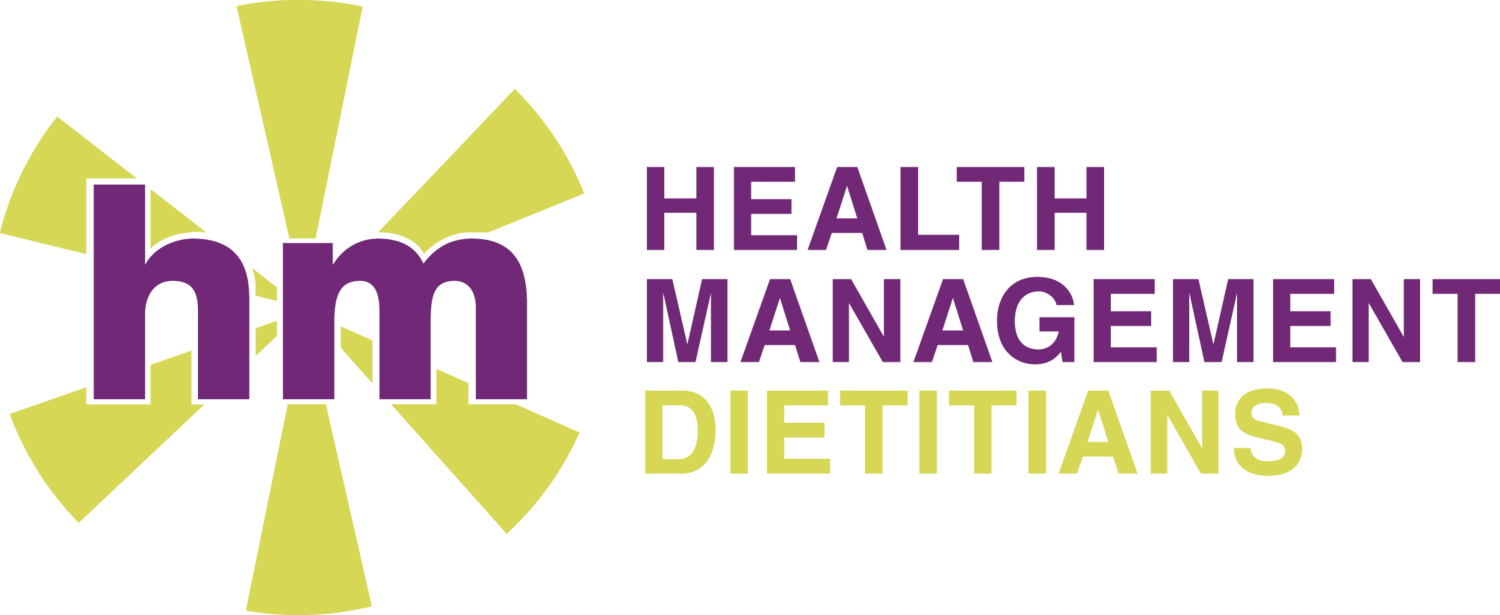Gluten-Free: Is it actually healthier to be following a gluten-free diet?
There has been a significant rise in the popularity of gluten-free diets in the last decade, driven by media,
celebrities, and health claims, with gluten free diet information now the third most popular diet searched
online (Yes that’s right - The THIRD!). Have you wondered if you too should be following the crowd and avoiding gluten in your diet? It can be hard to know whether or not to believe the hype, so we have answered all your questions below and busted the myths.
Gluten is the protein naturally found in wheat, barley, and rye. Gluten is found in many foods, the main
sources being bread, pasta, cereals, flour, and grains, however it is also a hidden ingredient in many other
foods including soy sauce, ice cream, and beer. Gluten helps to bind foods together, improves the texture
of foods, and allows baked goods to become light and fluffy.
Some individuals must avoid gluten due to medical conditions, such as coeliac disease. Coeliac disease is
an auto-immune disease, where even the slightest trace amounts of gluten can cause severe damage and
serious health issues. In this instance, it is vital that a lifelong, strict gluten-free diet is adhered to, to
avoid irreversible damage to the small intestine and nutrient malabsorption. Coeliac disease is a serious
medical condition, and the one condition in which a life-long gluten free diet is imperative.
Non-coeliac gluten sensitivity (NCGS) or gluten intolerance is a condition in which an individual may experience symptoms similar to those of coeliac disease, despite not having a diagnosis of coeliac disease. There are no medical tests available to diagnose NCGS, therefore it is based off personal experience and self-reported symptoms. For these individuals, they often find that reducing and/or removing gluten from
their diet can alleviate their symptoms and improve quality of life, therefore a gluten free diet may be
beneficial for these individuals, however, should be conducted under the guidance of an accredited
practising dietitian and their GP, to ensure that other potential conditions, including coeliac disease is
ruled out.
There is a common misconception that gluten free equals healthier. This is in fact not true, and there is
little to no compelling evidence to suggest that a gluten free diet in the absence of coeliac disease,
supports health, prevents disease, or has any beneficial impacts on overall health. In regard to the
general population, gluten is a safe, healthy (and delicious) component of a healthy, balanced diet. Foods
containing gluten provide important nutrients including fibre, carbohydrates, vitamins, and minerals, and
wholegrains that contain gluten are associated with a number of health benefits including reducing the
risk of cardiovascular disease, type 2 diabetes, and bowel cancer. A gluten free diet without a particular
need, can often be less nutritious and restrictive, and those who follow a gluten free diet need to be
mindful of particular nutrient deficiencies, as gluten free products are often not fortified with essential
nutrients, and may need to be supplemented to avoid deficiencies. Not to mention, gluten free products
are expensive!! Ask any person living with coeliac disease, and they will tell you to stick eating your
delicious gluten containing bread and pasta!
Gluten free diets must be well planned to ensure you remain meeting your nutritional requirements,
therefore it is recommended you work alongside a dietitian to guarantee nutritional adequacy and
quality of life. If you think that gluten may be causing you issues, it is vital that you seek guidance from
your GP before commencing any dietary interventions.
If you don’t think that gluten causes you any issues then we would recommend you consume gluten in your diet, to ensure you are meeting your nutritional requirements through a healthy, balanced diet!
At Health Management Dietitians, our team of Dietitians can assist you in navigating any concerns you
may have around gluten, or if you do have to follow a gluten-free diet, can help you to make sure you
aren’t missing any key nutrients.
